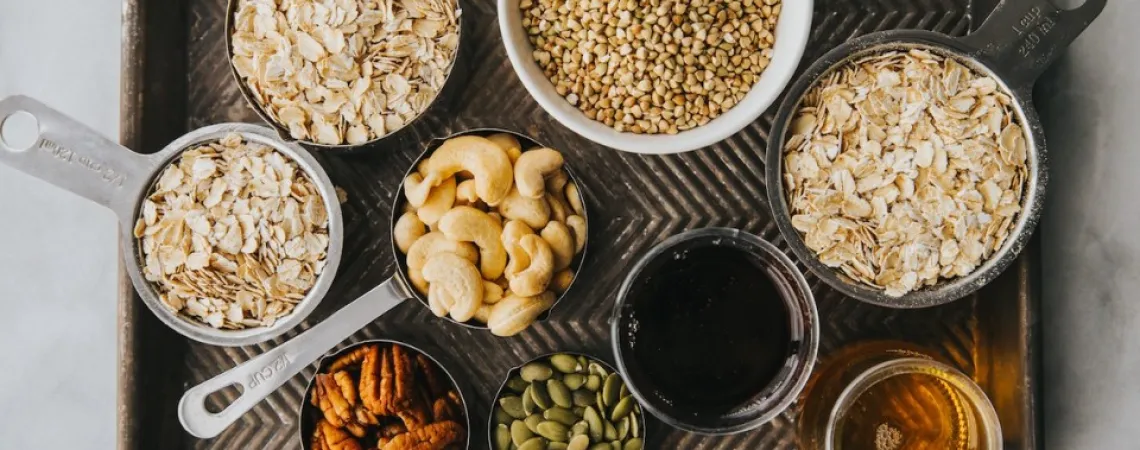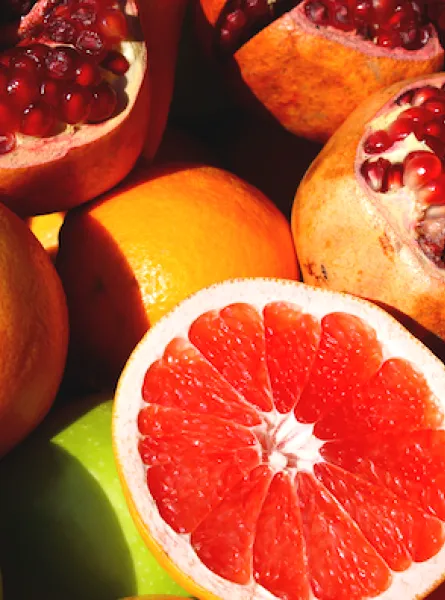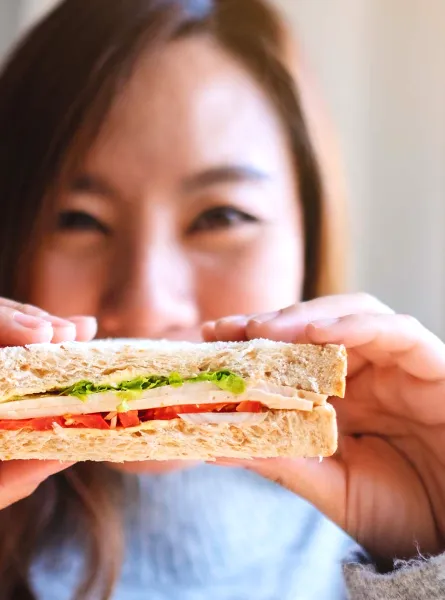
The diagnosis has been made: celiac disease. This news means that you need to make major changes to your diet. If you are among the 1% of the Canadian population affected by this disease, here are 5 important things to know before starting the gluten-free diet.
1. Plan for More Time at the Grocery Store
Grocery store visits will take longer at first, as you will need to look at the ingredient list of every product without exception. This can be a long and exhausting exercise, I warn you right away. However, if you plan it in your schedule during a time when the grocery store is less busy (example: in the evening after 7pm, early in the morning when it opens...), it will be easier.
2. Cook More to Save Money
Many gluten-free products are more expensive. In order to reduce your grocery bill, it is wise to cook more by yourself. For example, you can save a lot of money by cooking homemade gluten-free snacks and desserts such as our chocolate muffins or our upside-down berry cake.
3. Caution with Gluten-Free Oats
Oats are naturally gluten-free, but are at risk of cross-contamination from other foods in the factories that process them. Although certified gluten-free oats are available, it is recommended to avoid all types of oats (even certified gluten-free ones) when starting a gluten-free diet. Certified gluten-free oats can be introduced gradually once your medical follow-up has confirmed that your anti-transglutaminase antibodies are normalized, which can take from 6 months to 2 years.
4. Become a Member of the Canadian Celiac Association
Signing up to join the Canadian celiac association provides you with a gold mine of information: newsletter, magazines, discount coupons, invitations to education events, most recent news and food recalls information are just a few examples. The tools and support of this organization can greatly help you in this process.
5. Consult a Registered Dietitian Nutritionist
In addition to helping you find ideas adapted to your restrictions, your dietitian will ensure that your diet is complete and that you are not at risk of nutritional deficiencies. In fact, it is important to pay attention to certain nutrients when going gluten-free such as: dietary fiber, B-complex vitamins and magnesium.
In conclusion, the gluten-free diet is only recommended when a medical condition such as celiac disease requires it. If this is your case, it is possible to count on the help of health professionals such as nutritionists and organizations such as Coeliaque Québec in order to succeed.





